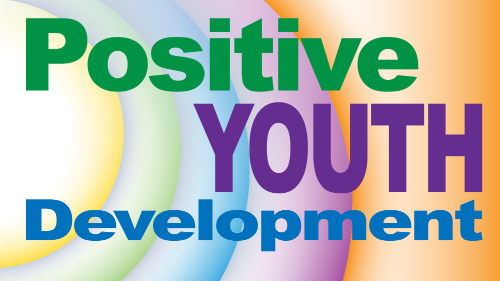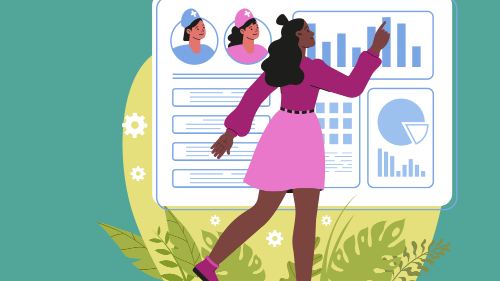General Resources: Mental Health in Youth
For additional resources, visit:
Overviews: Understanding Mental Health and Mental Illness in Adolescence
Protecting Youth Mental Health: The U.S. Surgeon General's Advisory
In 2021, Dr. Vivek Murthy issued a new Surgeon General's Advisory to highlight the urgent need to address the nation's youth mental health crisis. Underscoring the need for an ecological approach, the advisory provides recommendations that individuals, families, community organizations, technology companies, governments, and others can take to improve the mental health of children, adolescents, and young adults. Many additional resources are included in the report. Office of the Surgeon General.
Behavioral Health Toolkit for Afterschool Programs
The behavioral health toolkit is primarily for administrators, educators, providers, and families who participate in afterschool programs. Topics include an overview of emotions and behaviors, definitions of mental disorders, signs and symptoms of crisis, and resources for managing challenging behaviors.
Youth Risk Behavior Survey: Data Summary & Trends Report, 2009-2019
This report on the Youth Risk Behavior Survey (YRBS) provides surveillance data on health behaviors and experiences among high school students in the U.S. related to four priority areas, including mental health and suicide. A special section describes the data relating to sexual minority youth. CDC.
The Cutting Edge: Understanding and Addressing Non-Suicidal Self-Injury in Youth
Non-suicidal self-injury (NSSI) is a common and yet under-recognized phenomenon. Much has been learned in the past fifteen years about what NSSI is, why it "works," and its most common recovery trajectory. In this 2021 presentation, Janis Whitlock reviews the characteristics of NSSI, highlighting several factors that are influential in recovery. ACT for Youth.
For Youth: Mental Health Resources
Me & My Emotions
Me & My Emotions is an online resource that teens can use to build resilience. With engaging graphics and bite-sized lessons, Me & My Emotions invites teens to slow down, check in with themselves, and develop social and emotional skills. Developed in response to the toxic stress youth have endured during the pandemic, this resource is available at no cost. Dibble Institute.
TrevorSpace
TrevorSpace is an affirming, online community for LGBTQ young people between the ages of 13-24 years old. With over 400,000 members across the globe, you can explore your identity, get advice, find support, and make friends in a moderated community intentionally designed for you. The Trevor Project.
Youth-Friendly Mental Health Online Resources
This resource list links to mental health websites for teens and young adults. Society for Adolescent Health and Medicine.





